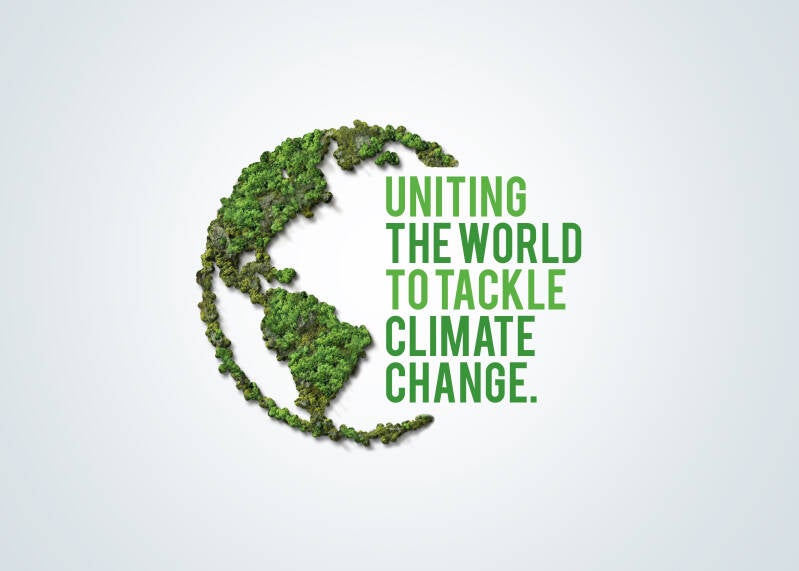The urgency of addressing climate change has reached a milestone with the launch of the Global Cooling Pledge at the UN Climate Change Conference (CoP28) in Dubai. This initiative sheds light on the often-overlooked impact of the cooling sector on our climate and emphasizes the importance of sustainable cooling in both climate mitigation and adaptation efforts.

Sustainable cooling emerges as a pivotal tool in the battle against climate change, contributing to both mitigation (reducing emissions from energy use and refrigerant greenhouse gases) and adaptation (enhancing access to cooling in a warming world). Recognizing the potential to avoid 78 billion tonnes of CO2 equivalent by 2050, 63 countries have committed to the Global Cooling Pledge.
The Global Cooling Pledge sets a target to reduce cooling-related emissions across all sectors by at least 68% from 2022 levels by 2050. Specific measures include addressing refrigerants with high global warming potential, ratifying the Kigali Amendment to the Montreal Protocol by 2024, and supporting early action to reduce hydrofluorocarbon (HFC) emissions through the Montreal Protocol’s Multilateral Fund.
Clare Perry, EIA UK Climate Campaign Leader, emphasized the fundamental role of sustainable cooling in climate goals. While welcoming the Global Cooling Pledge, Perry stressed the need for a robust and transparent governance structure to ensure accountability and early implementation. The call was for actions beyond mere promises, underlining the importance of strengthening the pledge over time.
Avipsa Mahapatra, EIA US Climate Campaign Director, acknowledged the significance of the Pledge in recognizing the cooling sector's contribution to climate change. Mahapatra highlighted the potential to leverage the experience and mechanisms of the Montreal Protocol to accelerate the mitigation of emissions. With seven years since the Kigali Amendment, there is a shared responsibility for countries and companies to move beyond rhetoric and ensure genuinely sustainable cooling.
Signatories of the Global Cooling Pledge also commit to collectively increasing the global average efficiency of new air-conditioning equipment by 50% by 2030, showcasing a commitment to advancing technology for a more sustainable future.
As the climate conference continues through December 12, cooling issues are set to take a prominent place in the discussions. This signals a recognition of the critical role that sustainable cooling plays in achieving global climate goals.
The Global Cooling Pledge marks a significant step forward in addressing the often-overlooked impact of the cooling sector on climate change. As countries and companies commit to tangible actions, there is hope that this pledge will lead to meaningful and measurable progress in mitigating the effects of climate change. The focus on sustainable cooling reflects a collective acknowledgment of the urgent need to transition towards greener and more environmentally conscious practices in the face of a warming world.

